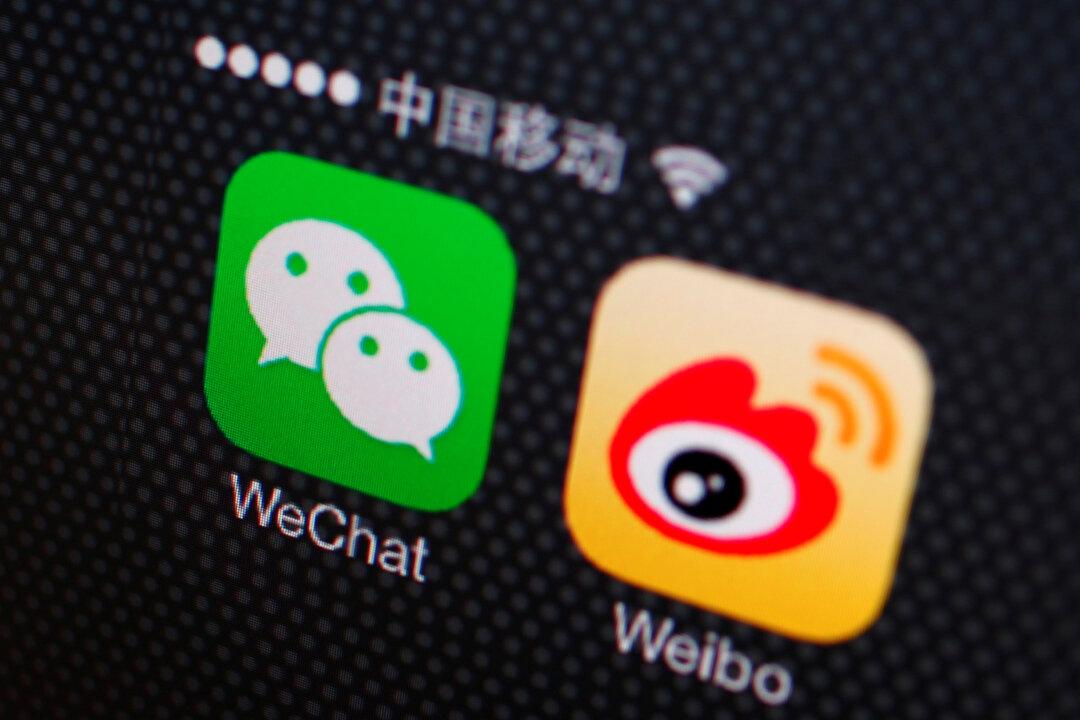Commentary
Many recent studies related to cybersecurity have addressed the vulnerability and threats in mobile devices, such as the current hot topic of banning Huawei and ZTE equipment.


Many recent studies related to cybersecurity have addressed the vulnerability and threats in mobile devices, such as the current hot topic of banning Huawei and ZTE equipment.